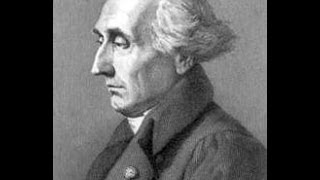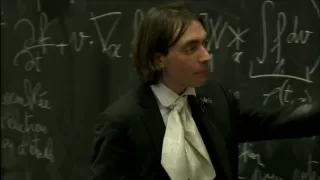Ernest Nagel
Ernest Nagel (November 16, 1901 – September 20, 1985) was an American philosopher of science. Along with Rudolf Carnap, Hans Reichenbach, and Carl Hempel, he is sometimes seen as one of the major figures of the logical positivist movement. His 1961 book The Structure of Science is considered a foundational work in the logic of scientific explanation. (Wikipedia).




















